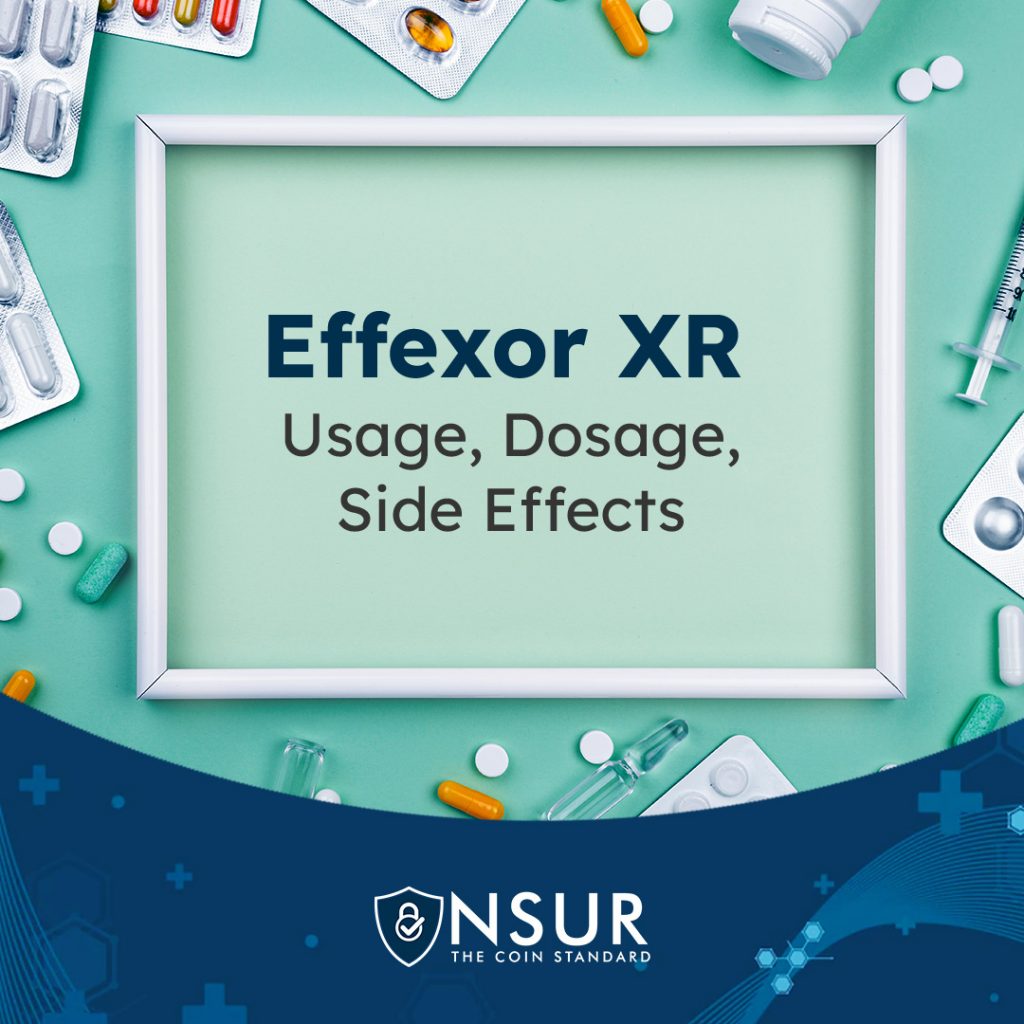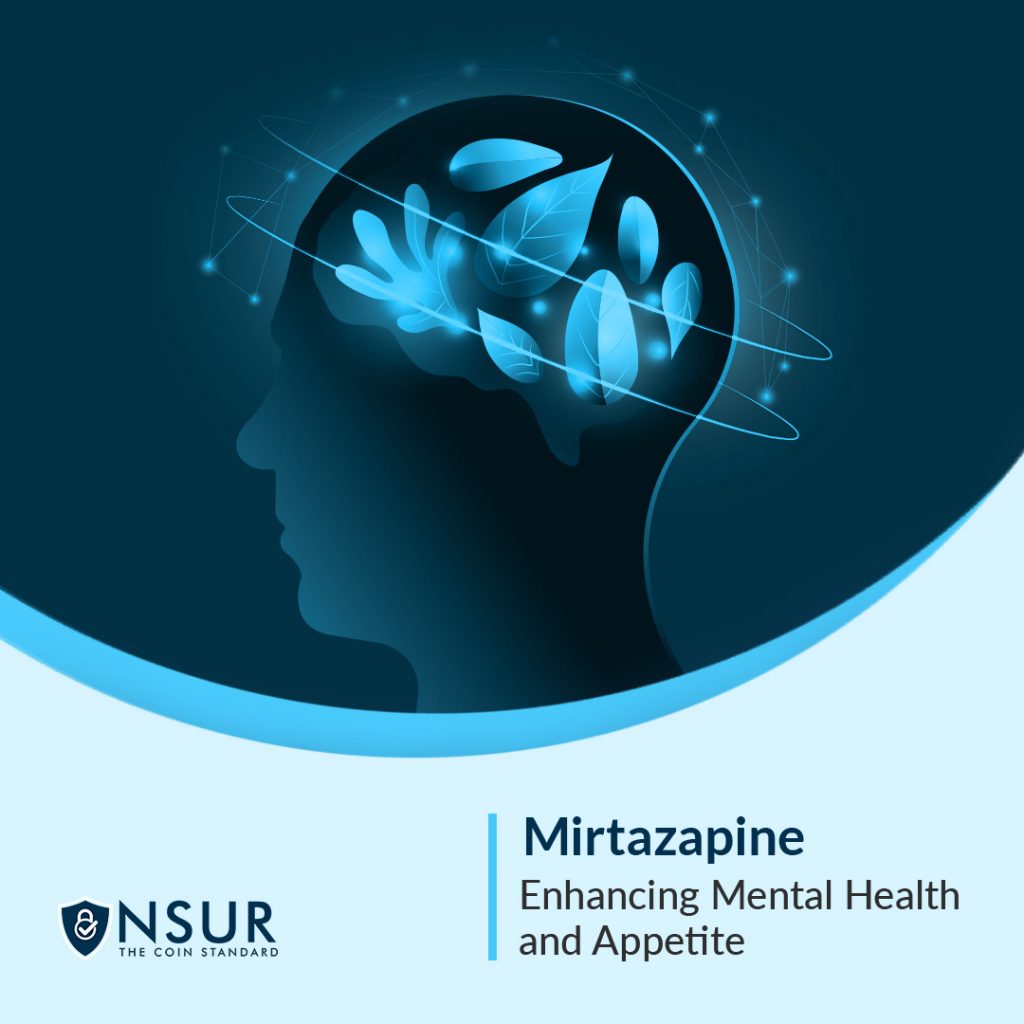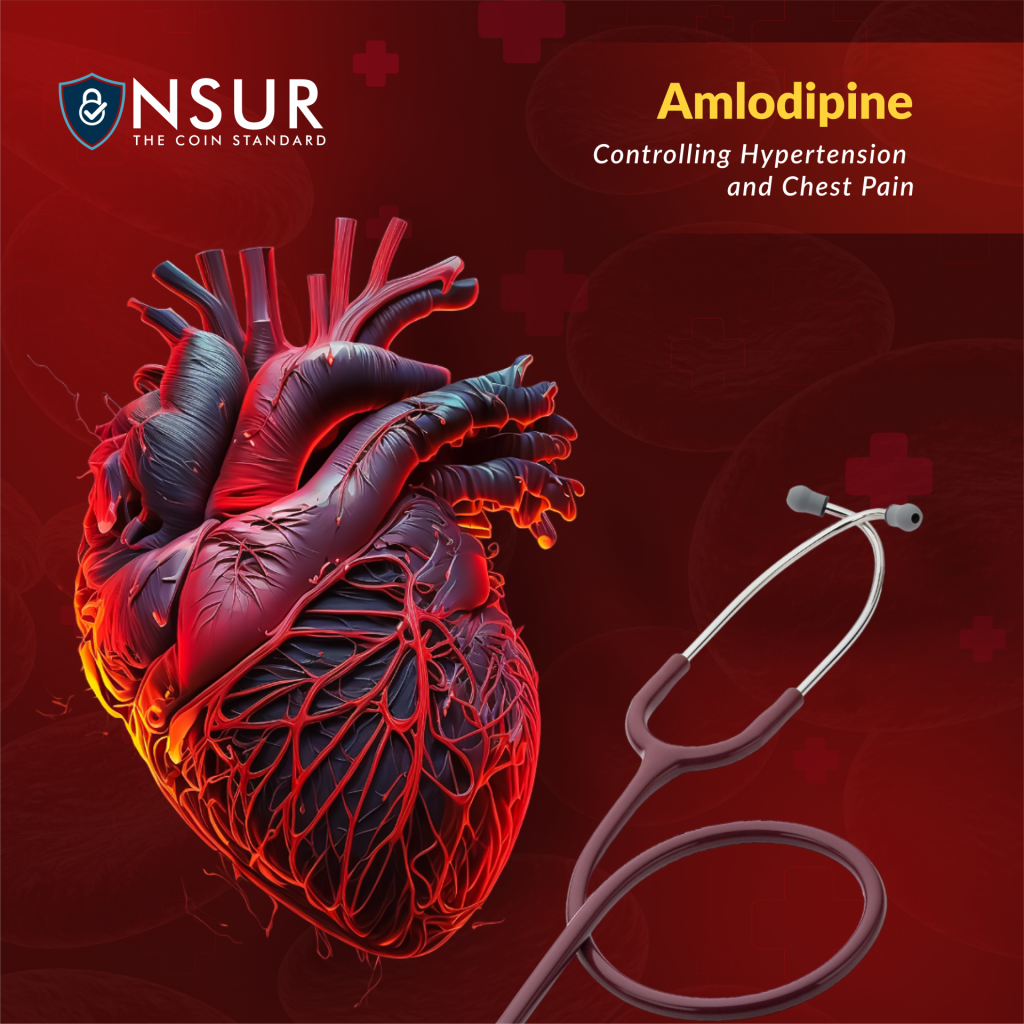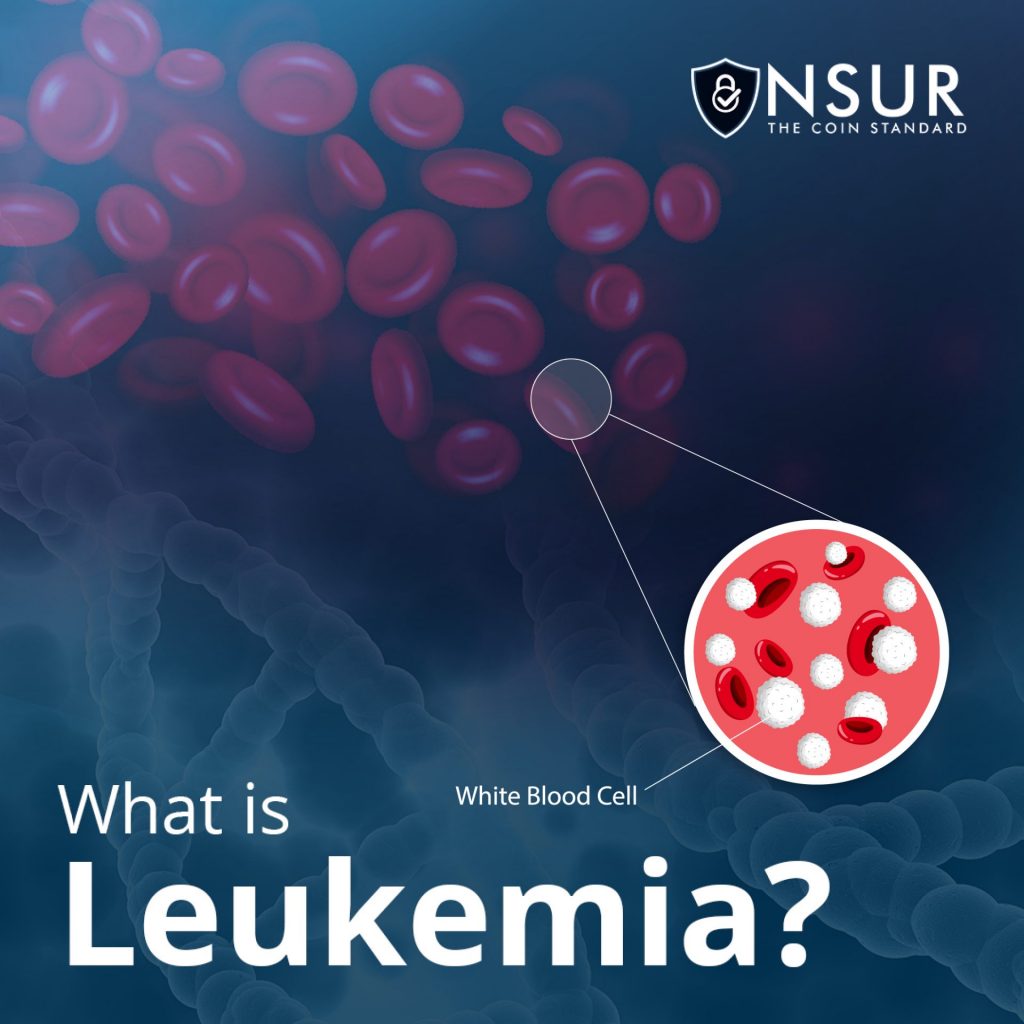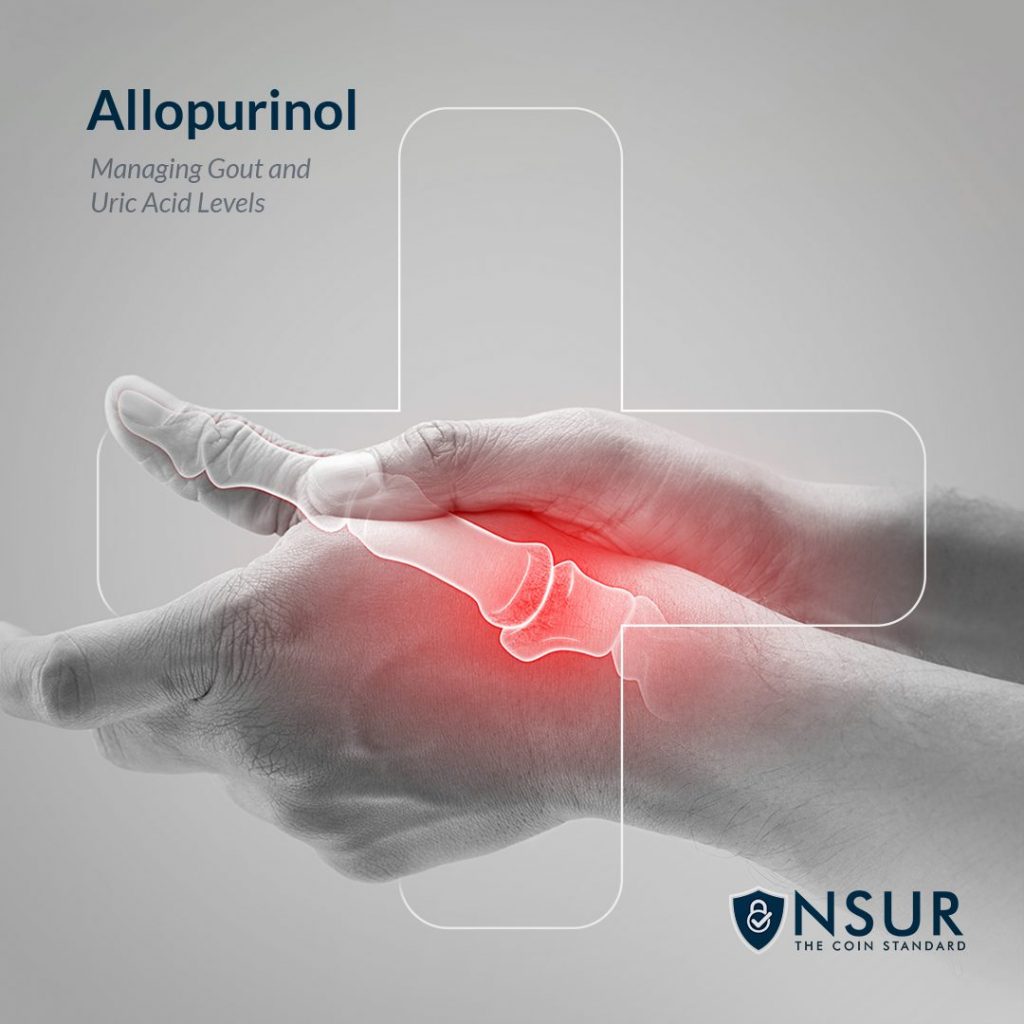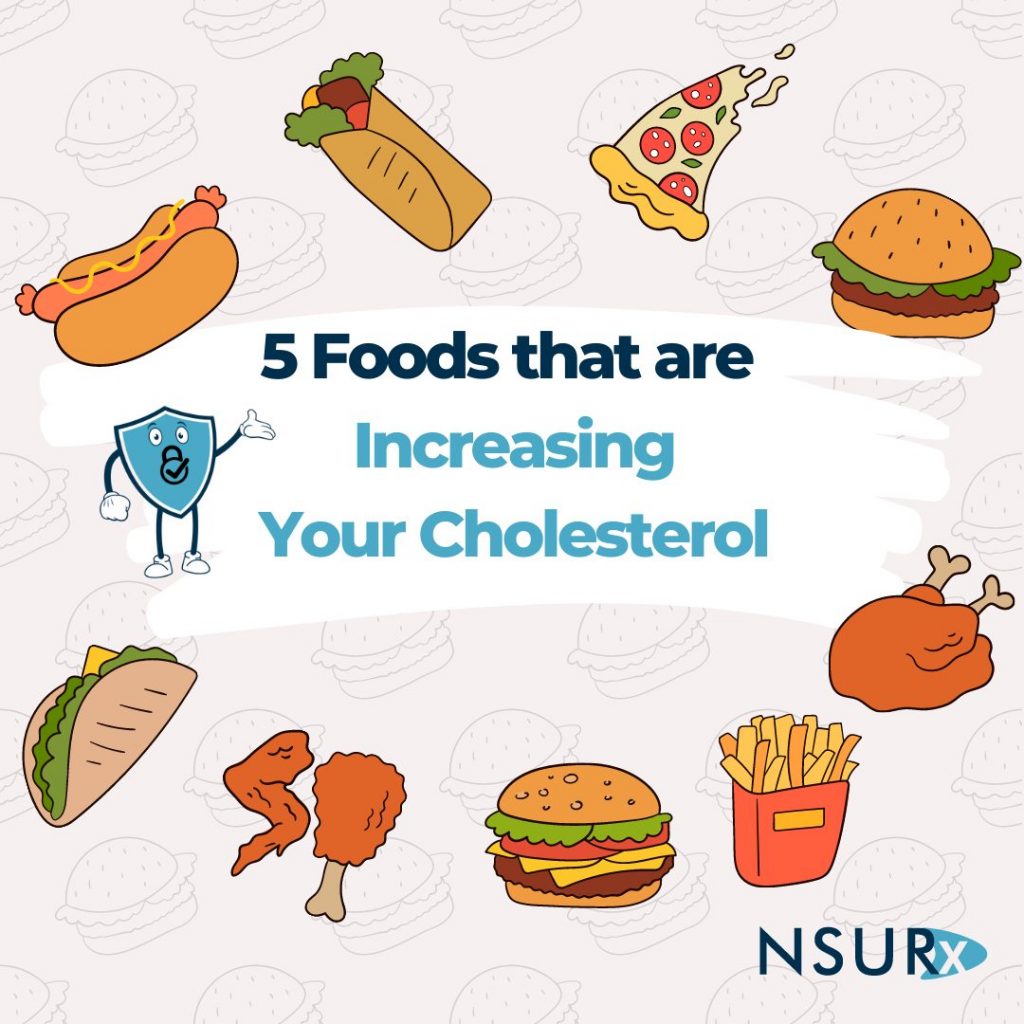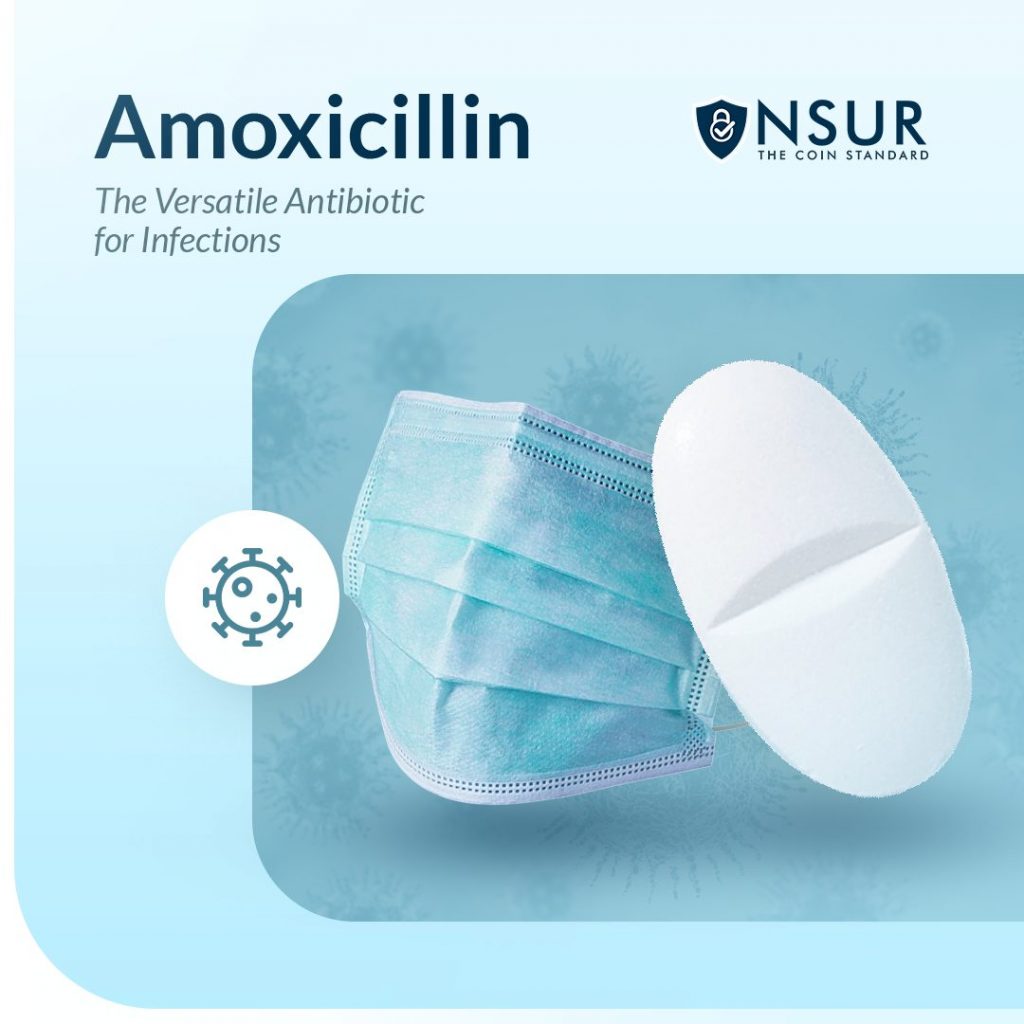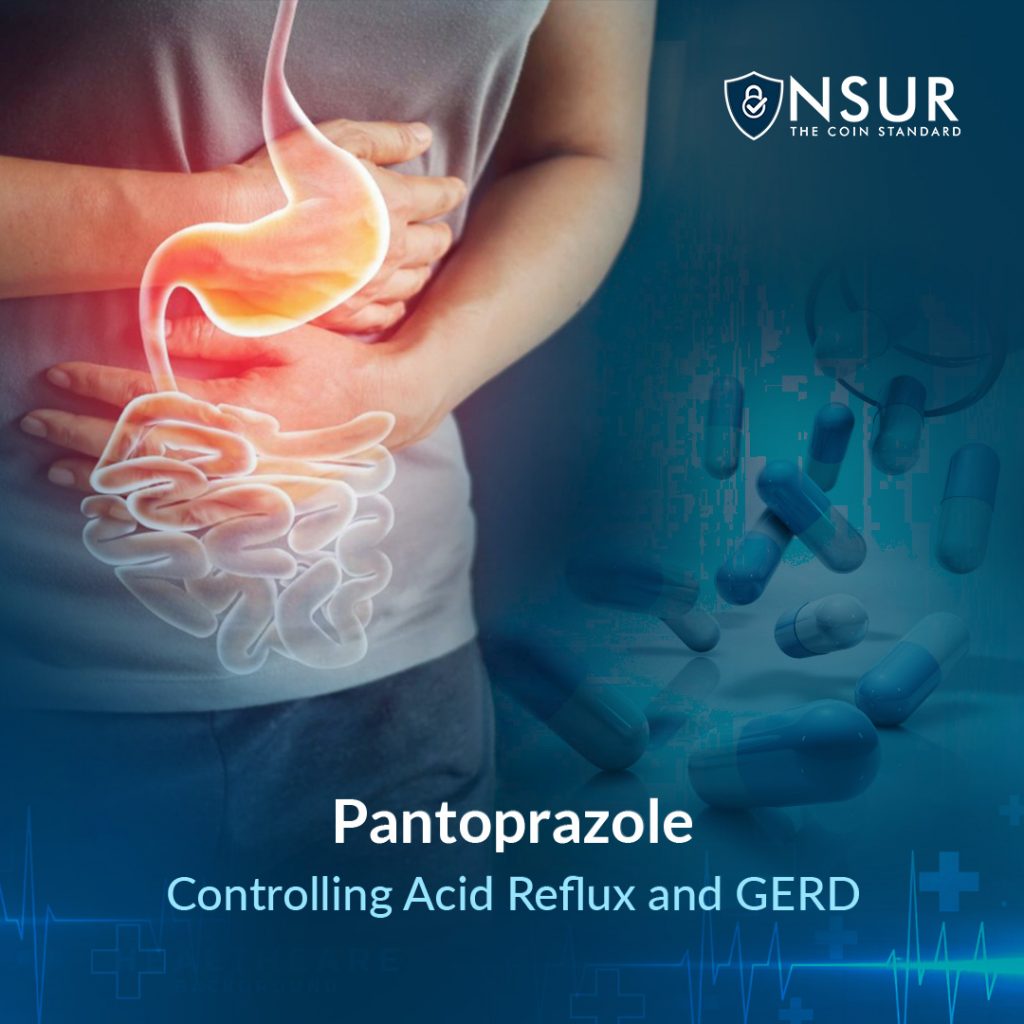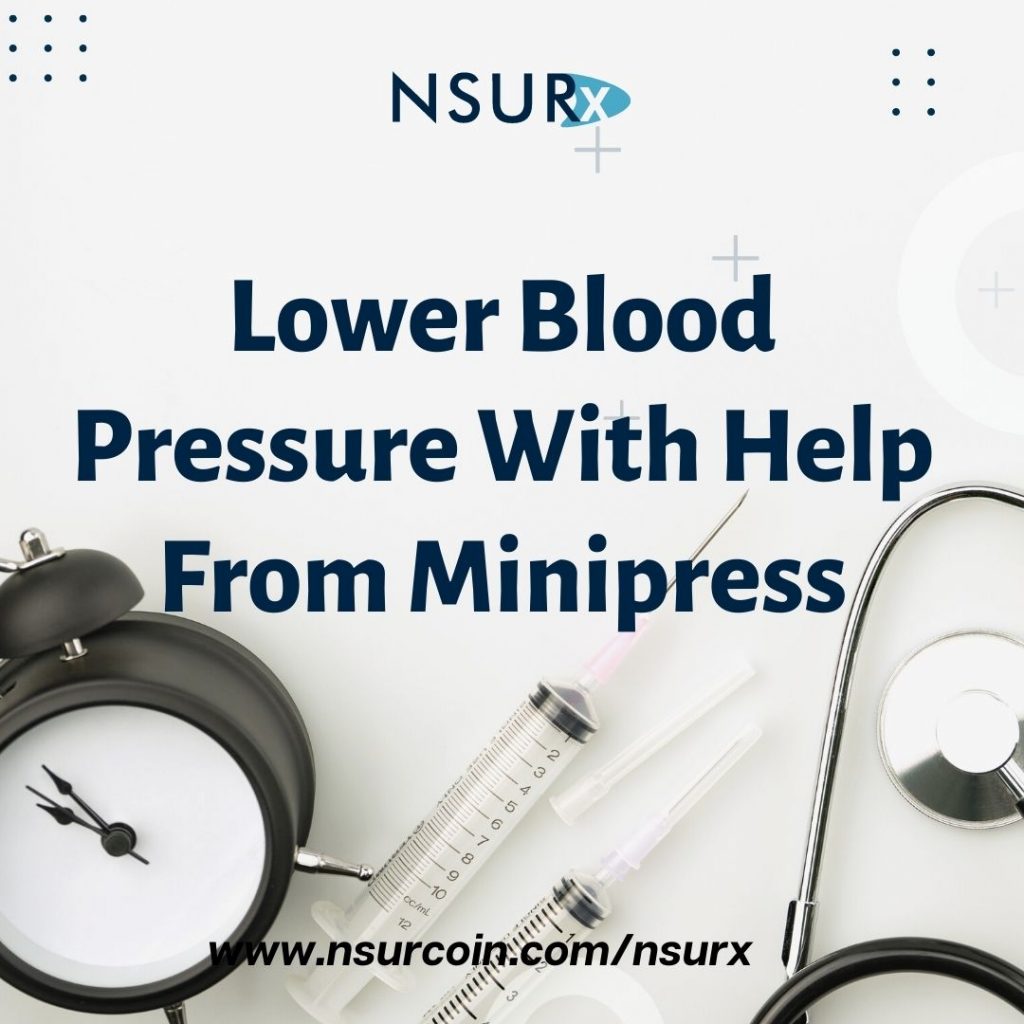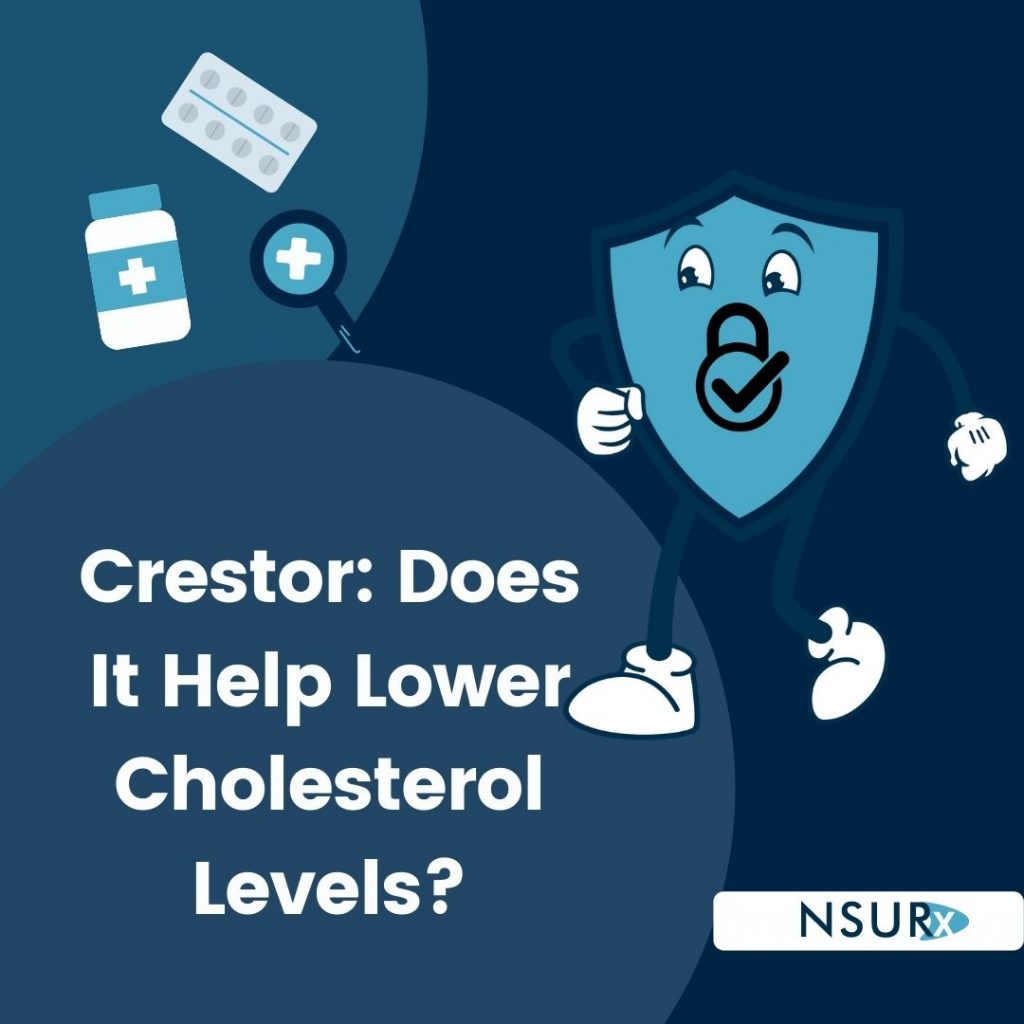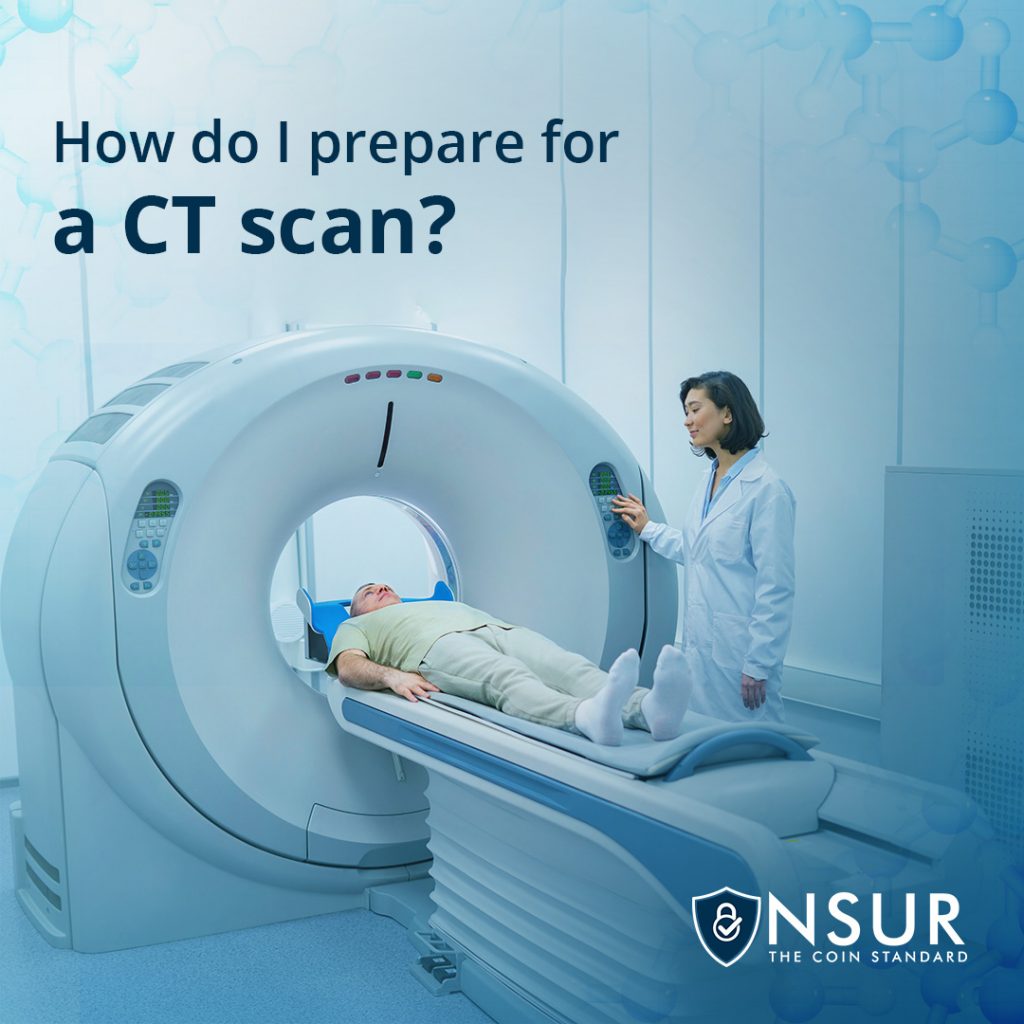
A CT scan, or computerized tomography, is a medical imaging technique that combines a series of X-ray images taken from different angles around the body. It produces cross-sectional images of the bones, blood vessels, and soft tissues inside the body, providing a more detailed analysis than a standard X-ray.
There are two types of CT scans: with and without contrast. If you’re going for a CT scan without contrast, you don’t need to make any special preparations unless instructed otherwise by your doctor. If you’re going for a CT scan with contrast, you may be given specific instructions that may include:
- Avoid eating or drinking for at least four hours before the CT scan.
- Arrive two hours early to consume a special liquid that will help the technologist see your stomach and bowel.
- Have a blood test performed several days before your CT scan (this may not be necessary unless recommended by your medical professional).
- If you’re allergic to the contrast agent (iodine) used in a CT scan, you may need to take steroid medication the night before and the following morning, along with an antihistamine like Benadryl.
- If you’re pregnant, inform your imaging technologist before the CT scan, as exposure to radiation can be harmful to the baby.
- Ask your imaging technologist any questions you may have about the procedure.
Some things to know before your CT scan include:
- The scan typically lasts for about 15 minutes.
- If you’re having an oral contrast CT scan, it may take up to one hour and 15 minutes.
- Children under 12 should not accompany you for a CT scan.
There are some risks associated with CT scans, including:
- Radiation exposure: During a CT scan, you’re briefly exposed to radiation, which is greater than the amount of radiation present during an X-ray.
- Harm to unborn babies: If you’re pregnant, tell your imaging specialist so they can suggest a scan that is less harmful to the baby, such as an MRI or ultrasound.
- Reactions to contrast material: In a contrast CT scan, a special formula or dye is added to your body through veins. This can sometimes cause allergies and negative reactions. Most reactions are mild and limited to rashes and itching. Don’t ignore any after-effects or reactions you experience after the contrast CT scan, as it can sometimes be life-threatening.
Take advantage of NSURx when making healthy lifestyle changes!
With the NSURx Prescription Benefit Card, you can save money on your medications at more than 35,000 pharmacies across the United States.
You can save up to 80% on medication by using an NSURx card. Hundreds of dollars in savings could be yours every time you fill out your prescription.
The more you shop with NSURx, the more NSUR Coins you will receive as a reward.

